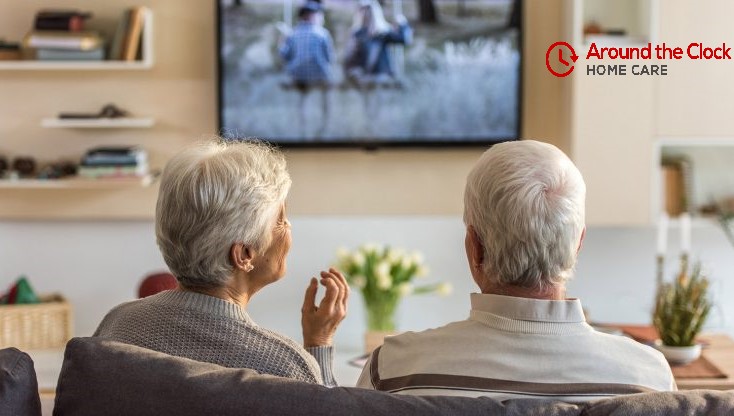Ways to Prevent a Hospitalization for Your Senior Loved One
Posted on: December 09 2020

Ways to Prevent a Hospitalization for Your Senior Loved One
For the average American, a hospital admission can be a stressful time for both the patient and caretaker, whether due to coronavirus (COVID-19) or something else. But recent studies indicate that for seniors, the real danger of the visit is in the 30-day window that follows a hospital discharge, and these studies don’t include the risks of exposure to coronavirus (COVID-19) at the hospital, which is essential to consider.
Thousands of older adults end up in the hospital because of accidents at home, medication mismanagement, frailty, or mental health issues. Study these “what to watch for” tips. They just might help your loved one avoid an unnecessary visit to the emergency room and save you from the stress of managing a health crisis.
Here are 5 ways to help prevent a hospitalization…
1. Follow doctor’s orders
Signs that a senior might not be on track include:
• missed doctors’
appointments for follow-ups or health checks
• unfilled prescriptions or unused pills, and confusion around the medication
regime
• the presence of dementia, which can make following doctor’s orders difficult
• lack of good sleep
• forgetting instructions
2. Do not ignore symptoms
Signs that a senior’s aches and pains—or health conditions—could
be putting them at risk include:
• ignoring symptoms such as chest pain, shortness of breath or abdominal pain
• recent hospitalization
• living alone or not having someone check in daily
• discounting subtle changes, such as speed of walking,
weight fluctuations and unsteadiness
• poor personal hygiene
• consumption
3. Reduce the risk of falls and accidents
Signs that senior might be at risk of a fall include:
• inactivity—too
much sitting and no exercise
• frailty and poor balance
• lack of grab bars and proper lighting
• presence of throw rugs and other tripping clutter or hazards
4. Help your loved one stay active, physically, and mentally
Signs that a senior’s inactivity might be making him or her
vulnerable to hospitalization include:
• reduced muscle strength
• lack of friends and social connections
• chronic illness and restrictive pain
• inability to drive and lack of alternative transportation
5. Watch out for a healthy diet
Signs that a senior could be at risk of poor nutrition include:
• no help in preparing meals, or snacking rather than eating properly
• loneliness that negatively impacts a person’s appetite or interest in eating
• inability to get to the grocery store to shop
• weight fluctuations
• stale or out of date food in the fridge
To learn more about Around the Clock Home Care and our home care services, Contact US today!
Sources referenced in this article:
- https://www.agingcare.com/topics/157/hospital-discharge
- https://www.ncbi.nlm.nih.gov/pmc/articles/PMC4194477/
- https://www.agingcare.com/articles/post-hospital-care-155508.htm
Posted in News